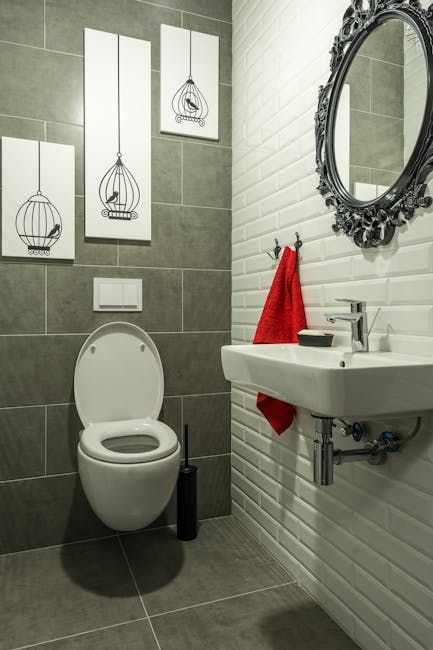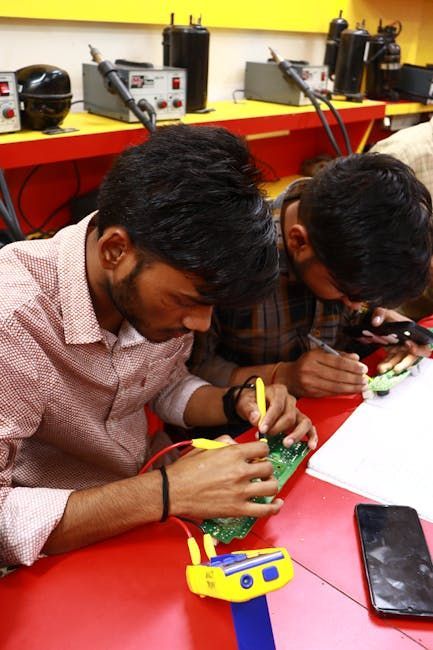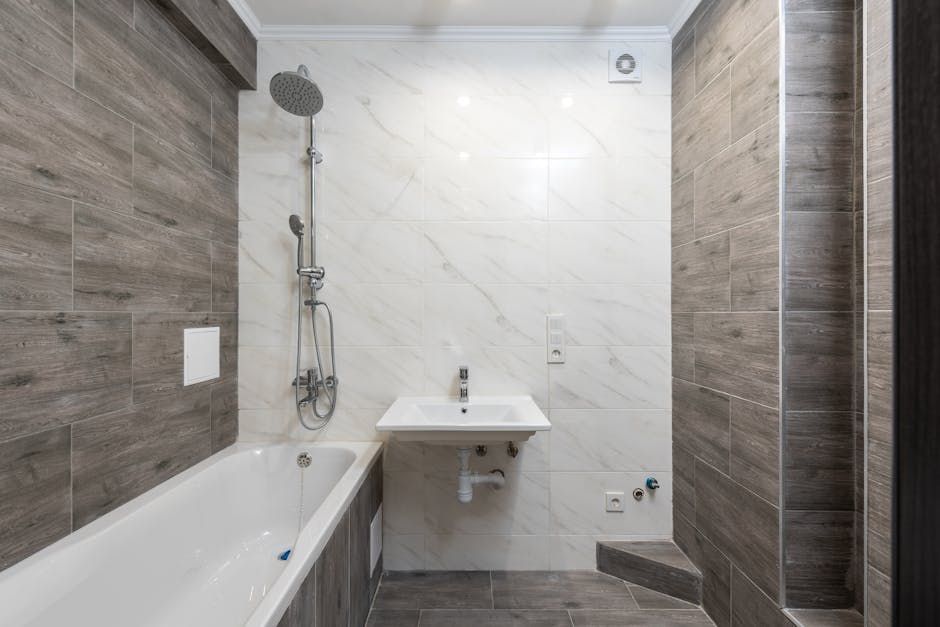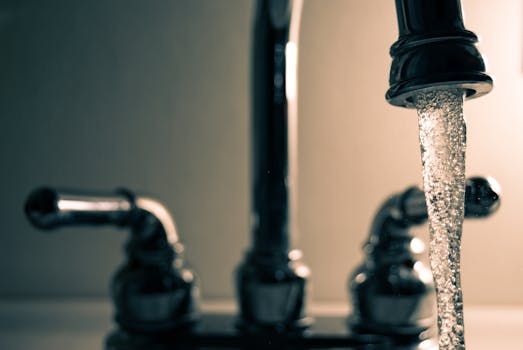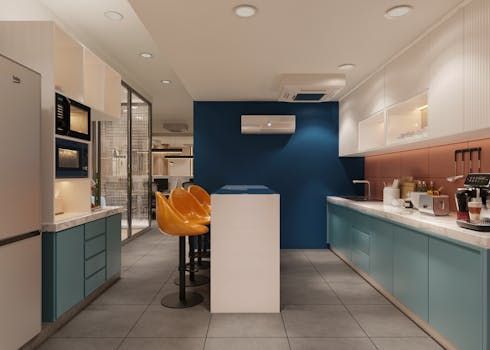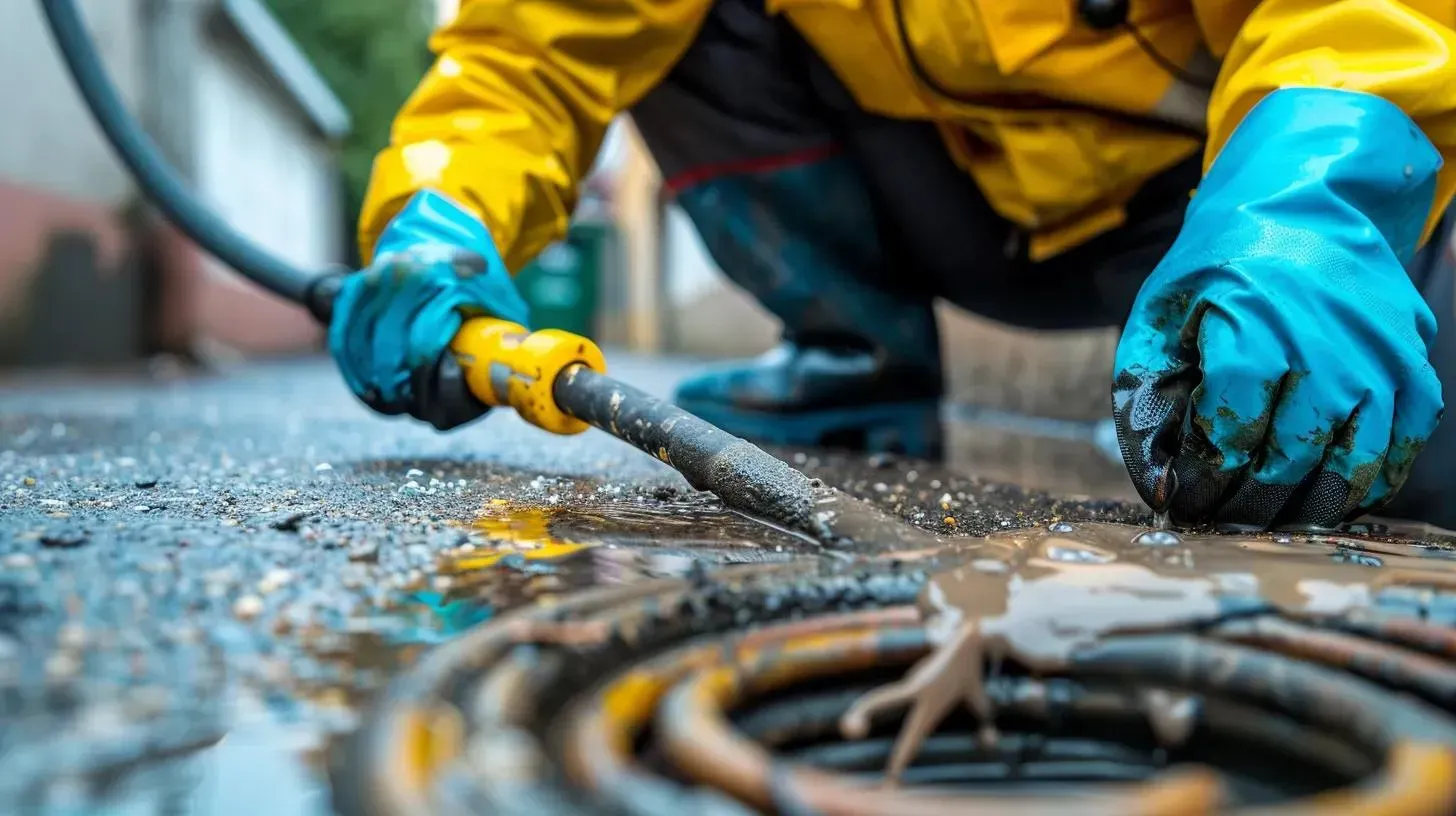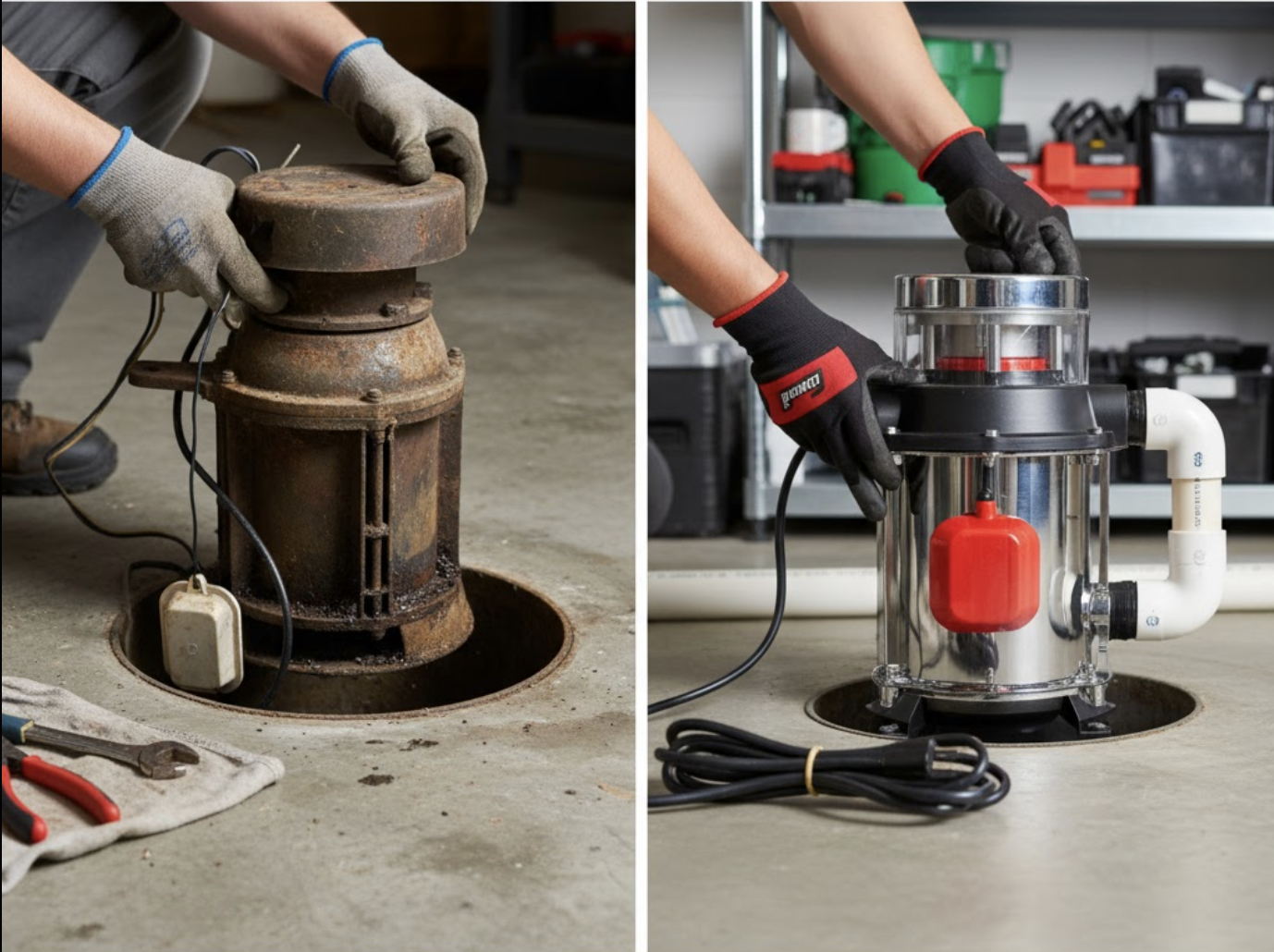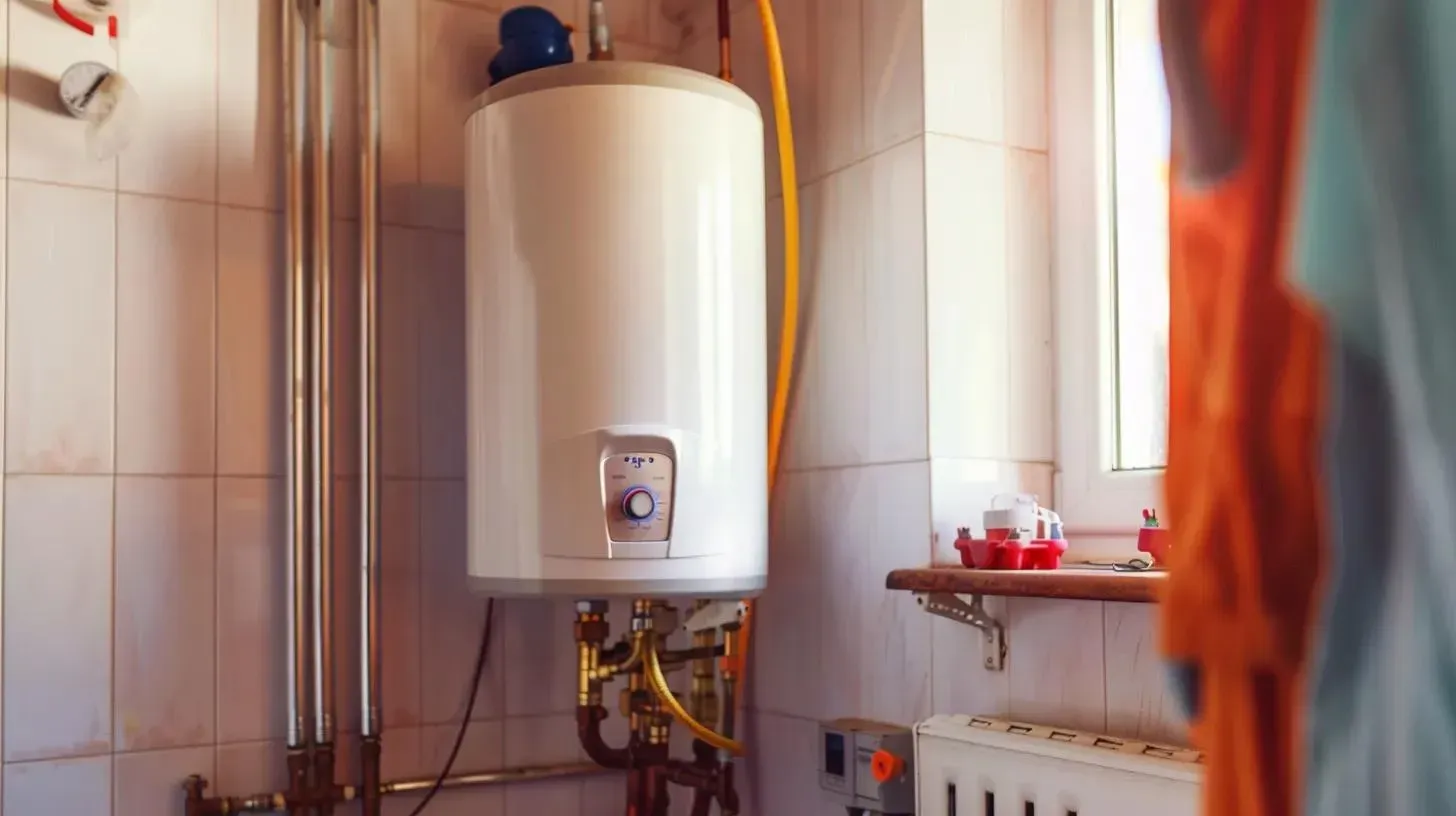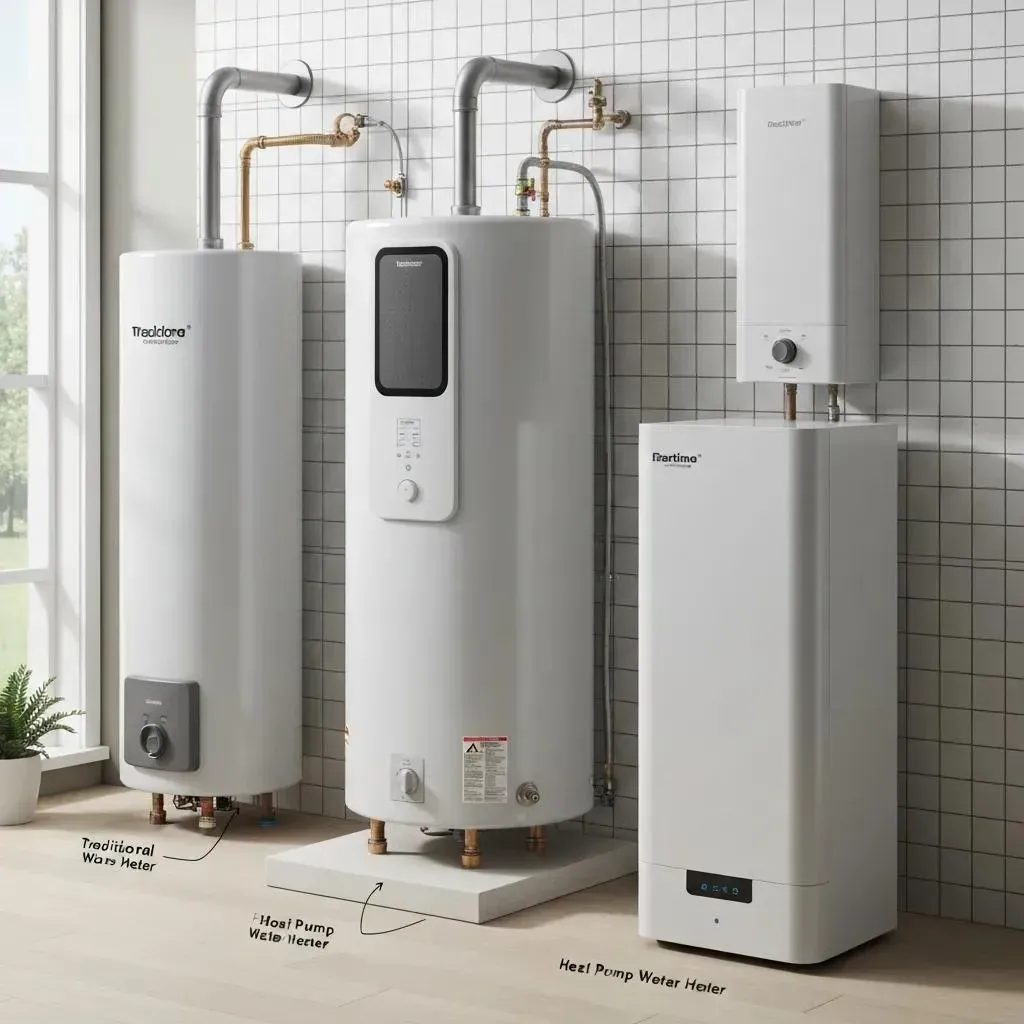Sump Pump Costs Explained: Parts, Labor & Extras for Installation, Repair, and Replacement
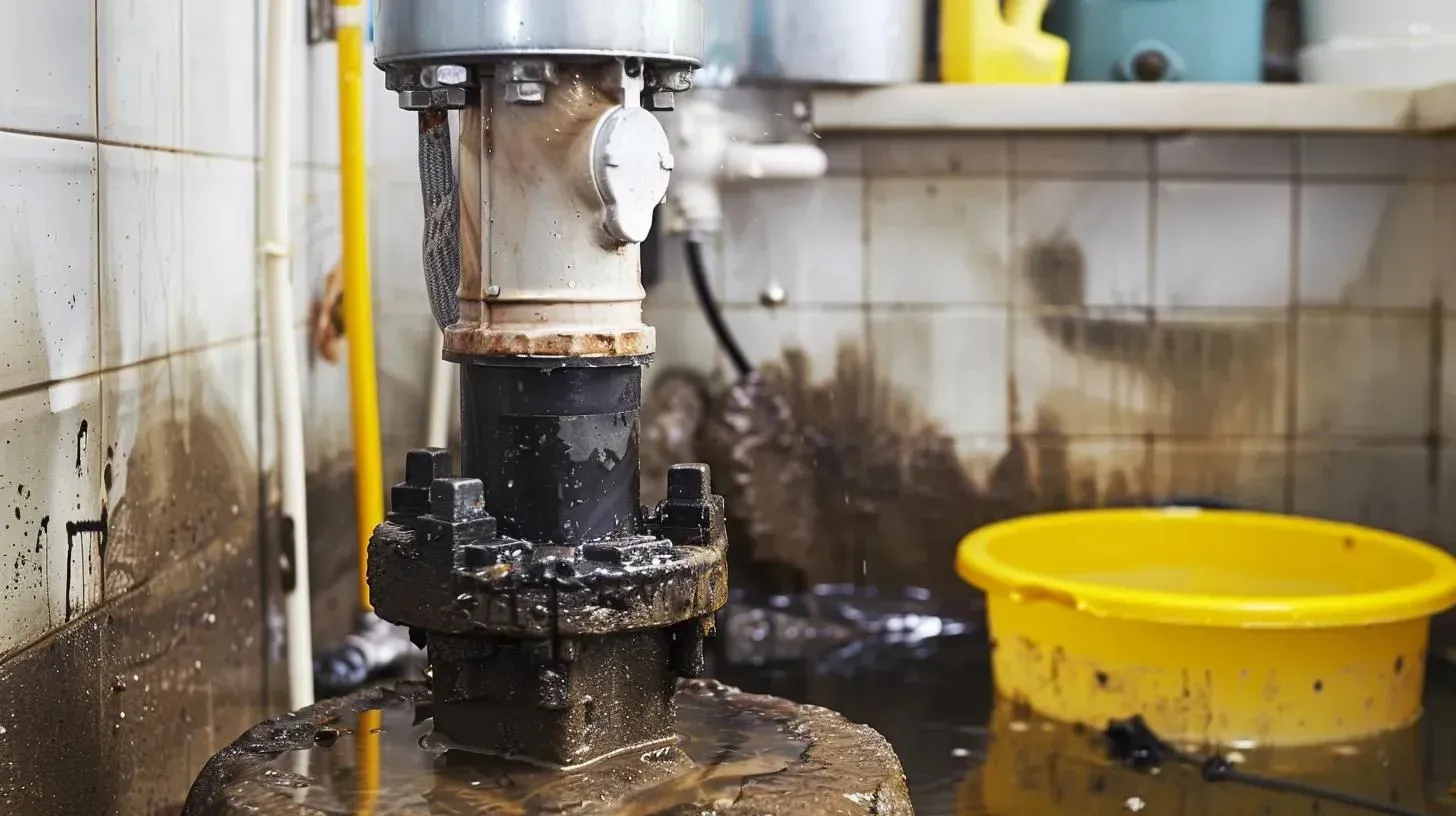
Basement flooding can inflict over $10,000 in damage if your sump pump fails at the worst moment. Understanding sump pump replacement cost, installation fees, repair rates, and add-ons empowers Denver homeowners to budget accurately and protect their properties. In this guide, you’ll discover average installation prices, typical repair charges, the factors that drive costs, and the value of extras like battery backups and service plans. We’ll cover:
- Average installation costs in Denver and what influences them
- Repair expenses and common fixes for malfunctioning units
- Replacement cost drivers including pump type and backup systems
- How location and environment affect total pricing
- Extras and add-ons that raise overall expenses
- Steps to get transparent estimates from a trusted provider
- Lifespan expectations and ongoing maintenance budgets
By the end, you’ll know where your investment goes and how to secure reliable, 24/7 plumbing support without surprises.
What Are the Average Costs for Sump Pump Installation in Denver?
A new sump pump installation in Denver typically ranges from $500 to $4,000, depending on the pump’s type, the pit requirements, and local labor rates. Installing a sump pump prevents basement flooding by diverting groundwater away from your foundation, delivering peace of mind and property protection.
Sump Pump Installation Costs in Denver
The cost to install a sump pump in Denver typically ranges from $500 to $4,000, with most homeowners paying between $1,000 and $2,000 for a complete submersible sump pump installation, including the unit, pit, and standard labor [2, 3, 10, 11]. Factors such as pump type, excavation needs, and local labor rates influence the final cost [2, 5, 7].
How Much Does a New Sump Pump Installation Typically Cost?
Most homeowners pay between $1,000 and $2,000 for a complete submersible sump pump installation, including the unit, pit, and standard labor. A pedestal pump installation usually costs $500 to $1,200, reflecting its simpler design and lower horsepower.
What Factors Influence Sump Pump Installation Costs?
Several key elements determine your final invoice:
- Pump type – Submersible units cost more than pedestal pumps due to higher horsepower and durability.
- Excavation needs – Digging a new sump pit adds excavation and disposal fees.
- Floor material – Cutting and restoring concrete floors increases complexity and cost.
- Permits and inspections – Denver building codes may require permits and post-installation checks.
How Do Labor Costs Affect Sump Pump Installation Pricing?
Labor rates in the Denver Metro Area average $75–$125 per hour for licensed plumbers, influenced by emergency availability and project complexity. When a sump basin exists, installation can require 3–6 hours of work; a new pit adds 4–8 hours.
| Task | Typical Hours | Labor Cost Range |
|---|---|---|
| Installing new sump pump | 3–6 | $225–$750 |
| Excavating and installing pit | 4–8 | $300–$1,000 |
| Concrete cutting & restoration | 2–4 | $150–$500 |
Installing a pump in an existing pit reduces hours, while adding a pit nearly doubles labor time and cost.
What Is the Cost Difference Between New Installation and Replacement?
Replacing an existing sump pump generally costs 30–50% less than a full new installation. A swap-out runs $300–$800 for the unit and labor, versus $1,000–$2,200 for new pit work. Replacement avoids most excavation and concrete restoration, delivering faster service at a lower price.
How Does the Sump Pump Pit Installation Impact Overall Cost?
Adding a sump pit requires soil removal, pit liner installation, and backfill. Excavation tools, disposal of debris, and potential concrete cutting can raise costs by $500–$1,200. New pits also demand additional permit fees and inspections, extending project duration and labor rates accordingly.
How Much Does Sump Pump Repair Cost and What Are Common Repairs?
Sump pump repair cost in Denver usually falls between $150 and $550, depending on the malfunctioning component and urgency of service. Repairing a sump pump restores its function and extends its lifespan, preventing costly water damage without the expense of full replacement.
Sump Pump Repair Costs in Denver
Sump pump repair costs in Denver usually range from $150 to $550, depending on the component and urgency of service. Emergency service can increase costs due to premium labor rates.
What Are Typical Sump Pump Repair Costs in Denver?
Homeowners in the area pay an average of $200–$400 for common sump pump repairs, with emergency service surcharges adding up to 25%. Routine fixes during business hours often start at a $75 service call fee plus parts and labor.
Which Sump Pump Parts Commonly Require Repair or Replacement?
The most frequent sump pump component issues involve:
- Float switch adjustments or replacements
- Motor burnout or overheating repairs
- Impeller cleaning or replacement
- Discharge line clogs, leaks, or pipe corrosion
How Much Does Emergency Sump Pump Repair Cost?
After-hours or weekend sump pump repair can cost $350–$700, reflecting premium labor rates and immediate dispatch. Emergency availability delivers rapid response to active flooding risks, ensuring water removal and system restoration without long wait times.
What Is the Cost of Routine Sump Pump Maintenance?
Preventative sump pump inspections and tune-ups typically cost $100–$200 annually. Maintenance services include cleaning the pit, testing the float switch, inspecting the motor, and verifying the discharge line. Regular care reduces breakdown risk and defers major repair or replacement expenses.
What Are the Key Factors Affecting Sump Pump Replacement Costs?
Sump pump replacement cost is driven by pump design, horsepower, backup systems, and labor variables. Replacing an aging unit ensures continued protection against groundwater infiltration, reducing long-term water damage risk and liability for property managers or homeowners associations.
Factors Affecting Sump Pump Replacement Costs
Sump pump replacement costs are influenced by pump design, horsepower, backup systems, and labor variables. Replacing an existing sump pump generally costs less than a new installation.
How Do Pedestal and Submersible Sump Pump Replacement Costs Compare?
Submersible pump replacements average $400–$750, reflecting higher power and underwater operation. Pedestal pump replacements cost $300–$600 due to simpler installation and less efficient motors.
What Is the Cost of Adding a Sump Pump Battery Backup System?
Integrating a battery backup typically adds $600–$1,200 to overall expenses. A backup system uses a deep-cycle battery and charger to power the pump during electrical outages, ensuring continuous operation when storms or power failures occur.
How Much Does Replacing a Sump Pump Discharge Line Cost?
Replacing a damaged or corroded discharge line ranges from $150 to $350. New PVC piping, connectors, and proper routing help prevent blockages and freeze-related breakage, preserving reliable water expulsion.
When Is It More Cost-Effective to Replace Rather Than Repair?
Minor repairs under $150 make sense for recent installations, but once pump age exceeds 7–10 years or repair estimates top $300, replacement becomes the more economical long-term choice. A new pump offers updated technology, warranty coverage, and reduced breakdown risk.
How Does Location and Installation Environment Affect Sump Pump Costs?
Installation environment deeply influences pricing: tight crawl spaces, multilayer concrete floors, and urban permit requirements add complexity. Adapting to site conditions ensures proper drainage and code compliance, safeguarding foundations against water intrusion.
How Do Basement and Crawl Space Installations Differ in Cost?
Basement installations average $1,100–$2,000, while crawl space pumps cost $1,500–$3,000 due to limited access, shoring needs, and longer labor hours. Crane equipment or manual debris removal in tight quarters often extends project timelines.
What Additional Costs Are Incurred When Installing on Concrete Floors?
Cutting, jackhammering, and restoring concrete floors can add $200–$800 to your invoice. Concrete thickness, rebar reinforcement, and finish quality determine restoration scope, with higher-grade finishes commanding premium rates.
How Do Local Denver Permits and Building Codes Impact Pricing?
Denver permits for sump pump installations typically cost $50–$200 and require post-inspection verification. Compliance with local building codes—such as proper discharge distance from foundations—may necessitate additional materials and labor, influencing overall project cost.
Denver Building Codes and Permits
Denver building codes may require permits and post-installation checks for sump pump installations. Compliance with local building codes can influence the overall project cost.
What Extras and Add-Ons Influence the Total Sump Pump Cost?
Beyond core parts and labor, extras like battery backups, higher horsepower models, and service plans boost your investment but deliver enhanced reliability and lifespan. These add-ons align with homeowner priorities for uninterrupted operation and reduced flood risk.
How Much Does a Sump Pump Battery Backup Add to the Cost?
A battery backup system increases total cost by 30–60%, translating to an additional $600–$1,200 for the unit, battery, and installation. This ensures the pump runs during power outages, protecting basements during storms when sump pumps are most needed.
What Are the Costs of Upgrading to Higher Horsepower Pumps?
Upgrading from a 1/3-horsepower to a 1/2-horsepower pump adds about $100–$200 to equipment costs. Higher horsepower enhances water removal rate and handles heavier inflows, reducing run times and wear on the motor.
How Do Warranty and Service Plans Affect Overall Expenses?
Extended warranties and annual service plans range from $100 to $300 per year, offering parts coverage and priority service. These plans minimize out-of-pocket repair costs and ensure prompt maintenance, supporting pump longevity.
How Can Homeowners Get Accurate Sump Pump Cost Estimates in Denver?
Accurate sump pump cost estimates should include parts, labor, permits, excavation, and any extras like backups or warranty plans. Detailed proposals empower you to compare offers and avoid hidden fees.
What Should Be Included in a Professional Sump Pump Cost Estimate?
A transparent estimate breaks down:
- Equipment – Pump model, horsepower, and accessories
- Labor – Hourly rates, estimated hours, and overtime premiums
- Materials – Pit liner, discharge piping, concrete restoration
- Permits – Fees and inspection costs
- Add-Ons – Battery backups, service plans, warranty extensions
How Does Accountable Home Services Provide Transparent Pricing and 24/7 Availability?
Accountable Home Services offers upfront, itemized quotes that detail pump brand, labor hours, permit fees, and optional extras. With 24/7 emergency response across the Denver Metro Area, their licensed plumbers ensure accurate assessments and no-surprise final invoices. To explore their comprehensive sump pump solutions, visit Accountable Home Services – Denver Metro Plumbing Services.
How to Schedule a Sump Pump Inspection or Service Appointment in Denver?
To secure a prompt inspection or service call, call the local hotline or request an appointment online. A licensed technician will arrive on schedule, evaluate your system, and deliver a clear written estimate—so you can protect your basement with confidence.
What Are the Typical Lifespan and Maintenance Costs of Sump Pumps?
A standard sump pump lasts about 10 years with proper care, while well-maintained units can exceed 15 years. Predictable lifespan and routine maintenance budgets help you plan for eventual replacement without emergency expenses.
How Long Do Sump Pumps Usually Last?
Most submersible and pedestal pumps operate reliably for 8–12 years under normal conditions. Factors like run frequency, water chemistry, and power stability influence motor wear and impeller integrity.
What Are the Annual Maintenance Costs to Extend Sump Pump Life?
Annual inspections and maintenance cost $100–$200 and include pit cleaning, float switch testing, motor lubrication, and discharge line inspection. Consistent upkeep prevents debris buildup and mechanical stress, preserving optimal performance.
How Does Proper Maintenance Reduce Repair and Replacement Expenses?
Routine care cuts unexpected repair bills by 50% and postpones replacement by several years. Simple tasks—such as clearing debris and verifying electrical connections—prevent common failures, ensuring continuous flood protection and lower life-cycle costs.
Basement flood prevention through smart investment in sump pump installation, timely repairs, and proactive maintenance secures your property and peace of mind. By understanding parts, labor, and extras, you can optimize costs and choose the right system for your Denver home. Partnering with a reliable, upfront provider ensures transparent estimates, expert workmanship, and round-the-clock availability whenever water threatens your foundation.

